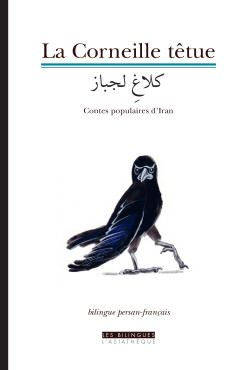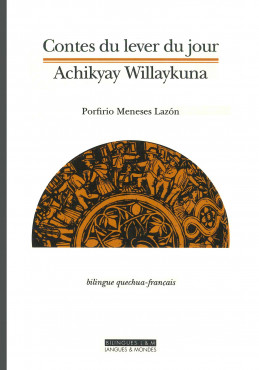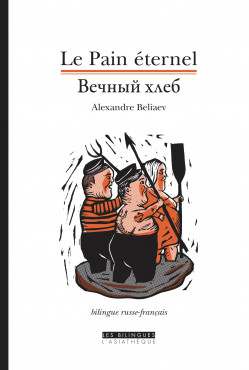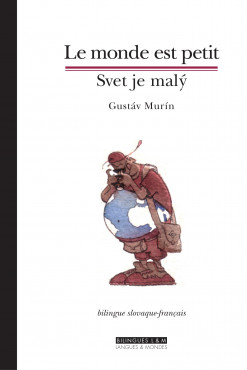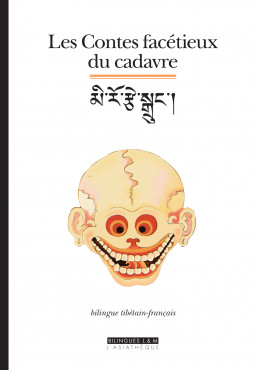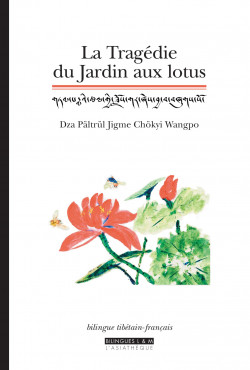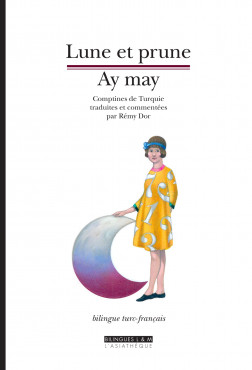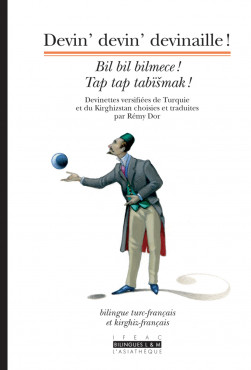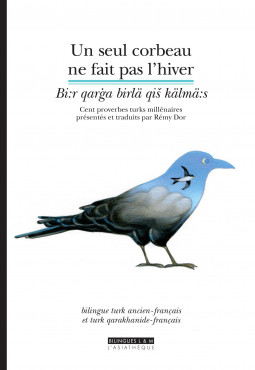Anonymous
20 Iranian tales to help the readers broaden their knowledge of Persian language, literature and culture. From various registers, these tales from a long tradition of legend and history present the particularities of the Persian world from a picturesque and entertaining angle.
Porfirio Meneses Lazon
Since the 1990s, we have witnessed the emergence of fictional prose in the Quechua language, whose content no longer derives from the oral tradition. This collection, published in 1998 in Lima, is one example of this new phenomenon. It is a depiction of the region of Huanta, in southern Peru, in the days of the author's childhood and youth.
Alexandre Beliaev
In each of these four sci-fi short stories, a scientist is grappling with a capital problem which, if he solves it, will save humanity or, in the case of Monsieur Le Rire, bring it glory and wealth. But an unforeseen event, such as human greed or economic mechanisms, turns everything upside down.
Gustáv Múrin
Twenty-five humorous accounts of experiences made during trips to various foreign countries, especially the United States.
Anonymous
The hero of the story, Dechö-sangpo, is supposed to carry on his back, to his spiritual master, a corpse named Ngödrup-chän. But if he speaks to this corpse, it will be released and will be able to return to his cemetery. Cleverly, the dead man tells 24 stories so gripping that the young man reacts and the corpse is released each time.
Dza Pältrül Jigme Chökyi Wangpo
The Tragedy of the Lotus Garden is a famous 19th century work presented for the first time translated into French in its entirety.
Anonymous
Collection of rhymes mostly from the archives of Pertev Naili Boratav, pioneer of Turkish folk studies.
Anonymous
Versified riddles from Turkey and Kyrgyzstan. These guessing games are not children's riddles, but rather they are a serious business, because not to guess is to put yourself at risk. Failure to solve the riddle can be penalized with penalties.
Anonymous
From an 11th century manuscript by Mahmud al-Kashgari, a hundred proverbs are presented with a morphic analysis, which reveals the rigorous structuring of this corpus, a phonotactic analysis and a syntactic analysis.
Younous Émeré
14 poems out of the 205 in the Divan, selected for their formal perfection and spiritual intensity, 7 hymns of twilight and 7 of dawn. Rémy Dor chose to translate the 14th century Turkish poet's writing into 14th-15th century Middle French to preserve the beauty of his poetry.
